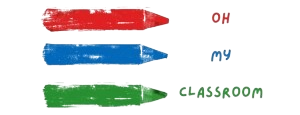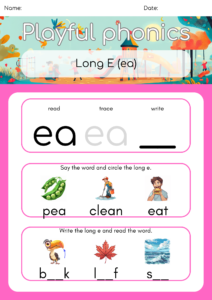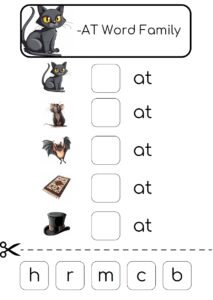
Writing and language usage at the kindergarten level involve the early development of skills that enable young children to express themselves through written and oral communication. These foundational abilities are essential for literacy and include:
- Pre-Writing Skills: Developing fine motor skills to hold a pencil, draw shapes, and scribble, which evolve into forming letters and simple words. For example, children may start by drawing lines or circles before attempting to write their names.
- Letter Formation: Learning to write uppercase and lowercase letters, often beginning with those in their own name. This includes understanding the difference between “A” and “a” and practicing proper strokes.
- Simple Word Writing: Attempting to write short, familiar words using invented spelling (e.g., “KT” for “cat”) based on their phonemic awareness and understanding of letter-sound relationships.
- Oral Language Usage: Expressing ideas verbally, using complete sentences, and expanding vocabulary through conversations, storytelling, and answering questions. For instance, describing a picture or sharing a personal experience.
- Understanding Conventions: Beginning to grasp basic writing and language rules, such as using spaces between words, capital letters at the start of sentences, and periods at the end, though application may be inconsistent.
The importance of writing and language usage at this stage is significant:
- Communication Skills: These skills enable children to share thoughts, ideas, and feelings, fostering effective oral and written expression.
- Literacy Development: Writing and language usage reinforce reading skills by connecting spoken language to written forms, enhancing overall literacy.
- Cognitive Growth: Engaging in writing and language activities develops critical thinking, memory, and problem-solving abilities, as children learn to organize their thoughts.
- Confidence and Creativity: Early success in writing and speaking builds self-esteem and encourages creative expression, allowing children to explore storytelling and imaginative play.
- Academic Foundation: Mastery of these skills prepares children for more complex literacy tasks in later grades, supporting long-term academic achievement.
Latest Posts
Resources
23 Fun Name Writing Activities for Preschoolers

As parents and educators, we want to give our little ones the best start in life. One essential skill that sets the foundation for learning is writing. But for preschoolers, writing can be challenging, and …
Read More
23 Fun Pre-Writing Activities for Preschoolers
In the early years of a child’s life, every scribble, doodle, and line drawn holds profound significance. It’s the foundation of pre-writing skills, the precursor to the beautiful art of writing. We have compiled a …
Read More
22 Best Preschool Activities for Opposites
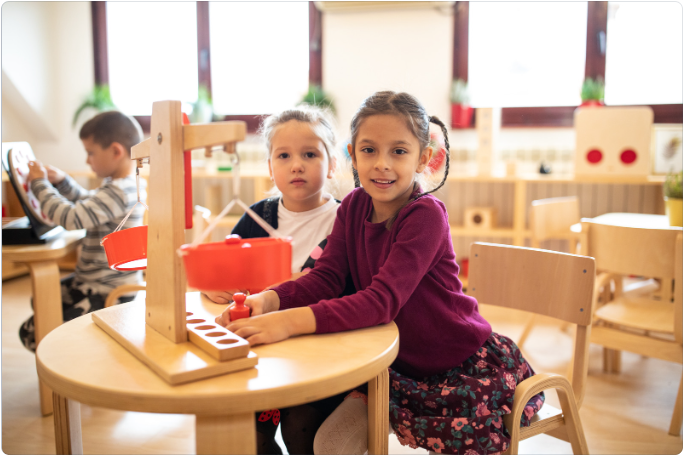
Exploring the concept of opposites not only enhances their language skills but also fosters critical thinking, problem-solving abilities, and the ability to make connections between contrasting ideas. To make the journey of learning engaging and …
Read More
22 Fun Rhyming Activities for Preschool & Kindergarten
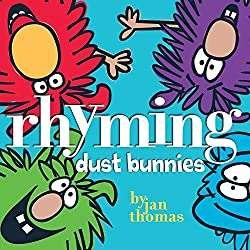
Rhyming is a crucial early literacy skill that can have a significant impact on a child’s language development. Learning to recognize and create rhyming words is an important foundation for developing phonemic awareness, a key …
Read More
